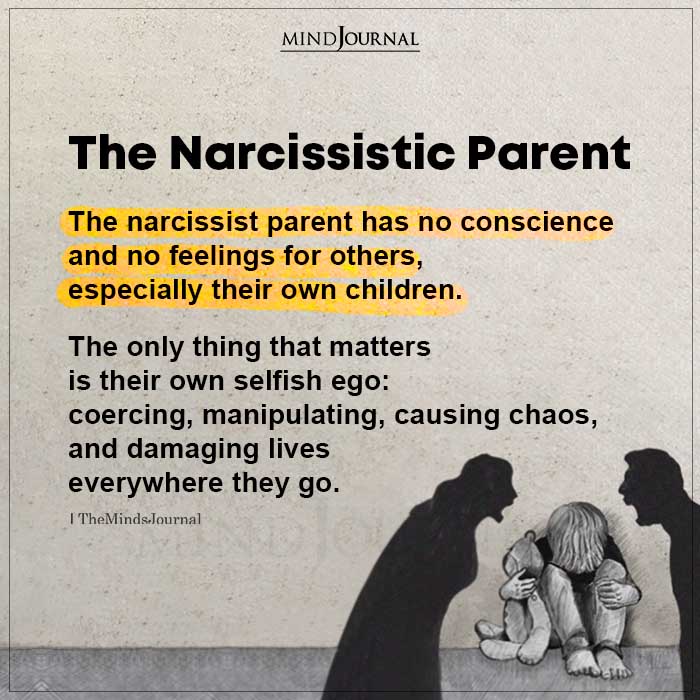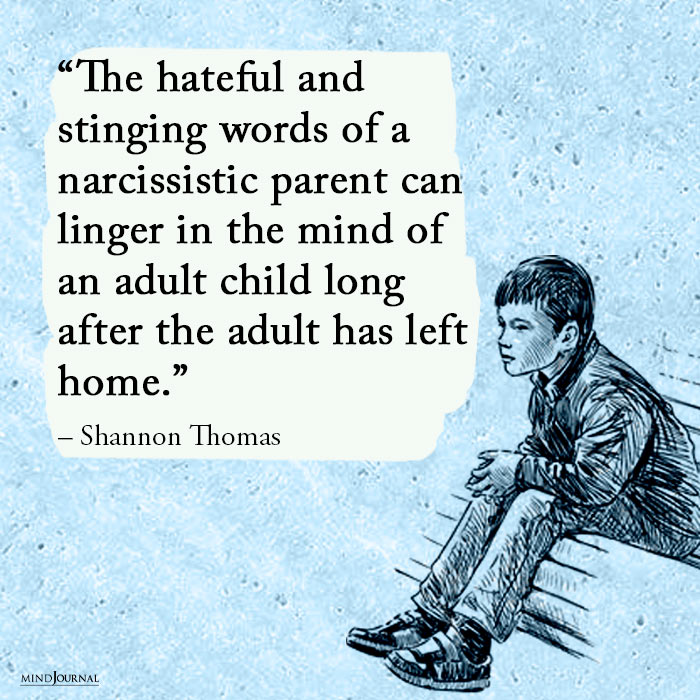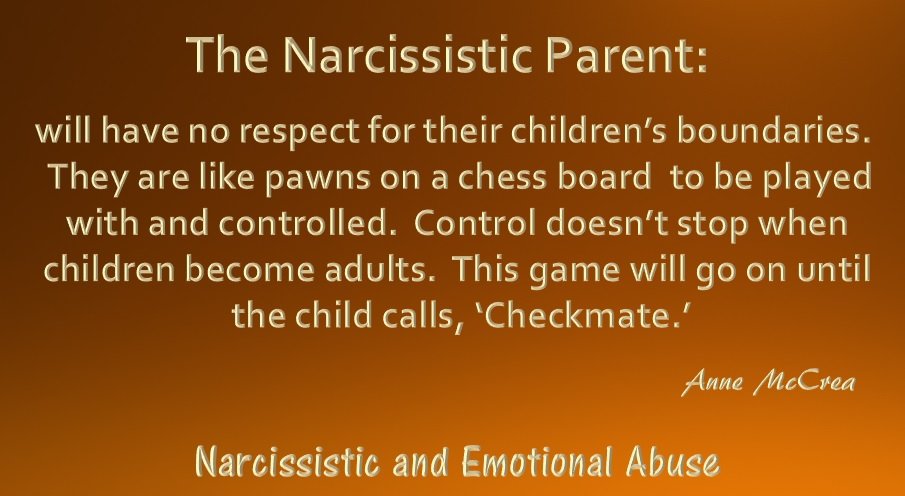Are you a parent who always wants what’s best for your child? However, in trying to want the best for your child you might be showing traits of narcissistic parenting
This happens when a parent’s actions revolve around themselves, rather than what their child needs.
In this article, we’ll highlight seven behaviors that narcissistic parents often exhibit, which can have a significant negative impact on their children. It’s crucial to be aware of these behaviors so you can ensure you’re being the best parent you can be.
But before we begin let us first understand what are narcissistic parents!
What Are Narcissistic Parents?
Narcissistic parents are individuals who exhibit narcissistic traits, a personality characteristic defined by a strong preoccupation with oneself, an excessive need for admiration and validation, and a lack of empathy towards others.

In the context of what are narcissistic parents, narcissistic parents prioritize their own needs, desires, and self-image over the well-being and emotional development of their children.
Read More: What Is Narcissism? 22 Signs, Causes, Types And How To Cope
These parents often view their children as extensions of themselves, aiming to maintain an image of perfection and superiority. They may use their children to boost their self-esteem and seek admiration from others. This can result in a variety of harmful behaviors and dynamics within the family.
Narcissistic parenting, characterized by self-centeredness and a lack of genuine empathy, can have profound effects on children’s emotional, psychological, and social development.
Read More: Understand What Is Parenting And Discover The Most Important Parenting Skills
Narcissistic Parents And The Damaging Effects
The effects of narcissistic parenting can cast a long shadow over a child’s emotional and psychological development, leaving lasting imprints that extend into adulthood.

Understanding the narcissistic parents and the damaging effects is essential for breaking the cycle and finding a path towards healing and personal growth. Here are some of the damaging effects of narcissistic parenting –
1. Low Self-Esteem
The consistent barrage of criticism coupled with the weight of unrealistic expectations can profoundly erode a child’s self-esteem.
In an environment where meeting their parents’ demands becomes an insurmountable challenge, children are left grappling with a persistent sense of inadequacy and self-doubt.
The ceaseless comparison to unattainable standards leaves them feeling perpetually inadequate, thwarting their ability to recognize and appreciate their own worth.
Read More: 10 Habits That Cause Low Self Esteem And Depression
2. Lack of Emotional Regulation
Children typically learn about emotions through their interactions with caregivers. However, in a household where emotional needs are neglected or dismissed, children are left without the necessary guidance and emotional scaffolding.
As a result, they might struggle to identify and appropriately express their emotions, leading to emotional dysregulation.
3. Codependency
In a household where narcissistic parents consistently prioritize their own needs and desires, the emotional terrain becomes skewed, leaving children yearning for validation that seldom materializes.

This unmet need for validation becomes an undercurrent in their lives, propelling them to seek approval from others as a means to fill the void left by their parents’ emotional absence.
Read More: What Is Codependency? 10 Recognizing Sign & Path To Recovery
This continuous quest for affirmation shapes their decisions, perceptions, and interactions which is the worst
Read More: What Is A Toxic Family And 9 Disturbing Signs You Grew Up In A Toxic Family
4. Relationship Challenges
The imprints of childhood experiences can cast a long shadow over adult relationships, often leading to challenges in the realms of trust, intimacy, and communication.
The patterns ingrained during formative years under the influence of narcissistic parenting can reverberate through one’s adulthood, significantly shaping their ability to navigate the intricate dynamics of relationships.
5. Insecurity
Children who have grown up under the influence of narcissistic parents often carry profound and enduring sentiments of inadequacy and insecurity, profoundly impacting their sense of self and overall well-being.

The environment shaped by narcissistic parenting can cultivate a fertile ground for these emotions to take root and flourish, leaving lasting imprints that extend well into adulthood.
Read More: The Reason Why We Struggle With Insecurity
The relentless barrage of criticism and unattainable standards set by narcissistic parents can take a toll on a child’s self-esteem.
Read More: What Is Childhood Trauma? 4 Signs of Lingering Childhood Hurt
6. Parentification
Within the context of narcissistic parenting, a phenomenon known as parentification often emerges, wherein children are thrust into the roles of emotional caregivers and providers far earlier than is developmentally appropriate.
This premature role reversal shows how narcissistic parents and the damaging effects of narcissistic parenting place an immense burden on the child, impacting their emotional well-being and shaping their sense of self in profound ways.
Read More: Parentification And 15 Signs Of Being Parentified As A Child
Signs Of Narcissistic Parenting
Narcissistic parents exhibit traits associated with narcissistic personality disorder, where they prioritize their own needs, desires, and image above their children’s well-being. They seek validation and admiration, often at the expense of their children’s emotional needs.
Here are some common signs of narcissistic parenting:
1. Lack of Empathy
Narcissistic parents struggle to understand or prioritize their children’s feelings, often dismissing their emotions or invalidating their experiences.
2. Constant Need for Attention
They require consistent attention and admiration, expecting their children to cater to their emotional needs.
Read More: Need For Attention: Why Are Narcissists Obsessed With Attention
3. Manipulation
Narcissistic parents may manipulate their children’s emotions, using guilt or emotional blackmail to control them.
4. Gaslighting
One of the common signs of narcissistic parenting is that they may deny their actions, distort reality, or minimize their behavior.
Read More: What Is Gaslighting? 14 Warning Signs, Tips To Deal With It
5. Unrealistic Expectations
These parents may set unattainable standards for their children, demanding perfection while rarely offering validation.
6. Lack of Boundaries
Narcissistic parents may intrude on their children’s personal space and privacy, blurring boundaries between parent and child.
Dealing with Narcissistic Parents
Dealing with narcissistic parents poses unique challenges that can significantly impact one’s emotional and psychological well-being.

Parenting is a pivotal influence in shaping an individual’s development, but when parents exhibit narcissistic traits, the dynamics within the family can become complex and often detrimental
Navigating a relationship and dealing with narcissistic parents can be challenging, but setting boundaries and practicing self-care can help mitigate the negative effects. Here’s how to cope:
1. Establish Boundaries
Set clear boundaries for what behaviors are acceptable. Communicate these boundaries assertively and consistently.
Read More: How Healthy Boundaries Help Protect Your Personal Space
2. Limit Exposure
If interactions with narcissistic parents are consistently negative, consider limiting contact or setting guidelines for communication.
3. Seek Support
Reach out to friends, family, or a therapist who can provide a safe space for you to express your emotions and receive guidance.
4. Practice Self-Care
Prioritize your well-being by engaging in activities that bring you joy and relaxation. Nurture your emotional health.
Read More: What Is Self Care And Wellness: Top 7 Benefits And Tips
5. Focus on Healing
Acknowledge that your parents’ behavior is not your fault. Seek therapy to work through the emotional wounds caused by narcissistic parenting.
A Word From Mind Family
In conclusion, navigating narcissistic parenting is a complex journey that demands resilience and self-awareness.
Recognizing what are narcissistic parents, the signs of narcissistic parenting and implementing strategies to manage its effects can lead to healing and personal growth.
Remember that seeking professional help, setting boundaries, and prioritizing self-care are essential steps toward breaking the cycle of narcissistic parenting and fostering emotional well-being.
By understanding the dynamics at play and seeking support, individuals can transcend the challenges posed by narcissistic parenting and cultivate a healthier path forward.
Frequently Asked Questions (FAQs)
1. What is narcissistic parenting?
Narcissistic parenting is when a parent’s actions revolve around themselves, prioritizing their own needs over their child’s well-being.
2. What are narcissistic parents?
Narcissistic parents exhibit traits of narcissistic personality disorder, focusing on themselves, seeking admiration, and lacking empathy for their children’s emotional needs.
3. What are the impacts of narcissistic parenting?
Impacts include low self-esteem, difficulties with emotional regulation, codependency, challenges in relationships, insecurity, and premature role reversals (parentification), affecting a child’s emotional and psychological development into adulthood.
4. What are the ways of dealing with narcissistic parents?
Dealing with narcissistic parents involves setting boundaries, limiting negative interactions, seeking emotional support, practicing self-care, and focusing on healing through therapy to mitigate the negative effects.
5. What are the signs of narcissistic parenting?
Signs include a lack of empathy, constant need for attention, emotional manipulation, gaslighting, setting unrealistic expectations, and disregarding personal boundaries. Recognizing these signs is crucial for addressing the impact of narcissistic parenting on children’s emotional well-being.












Leave a Reply